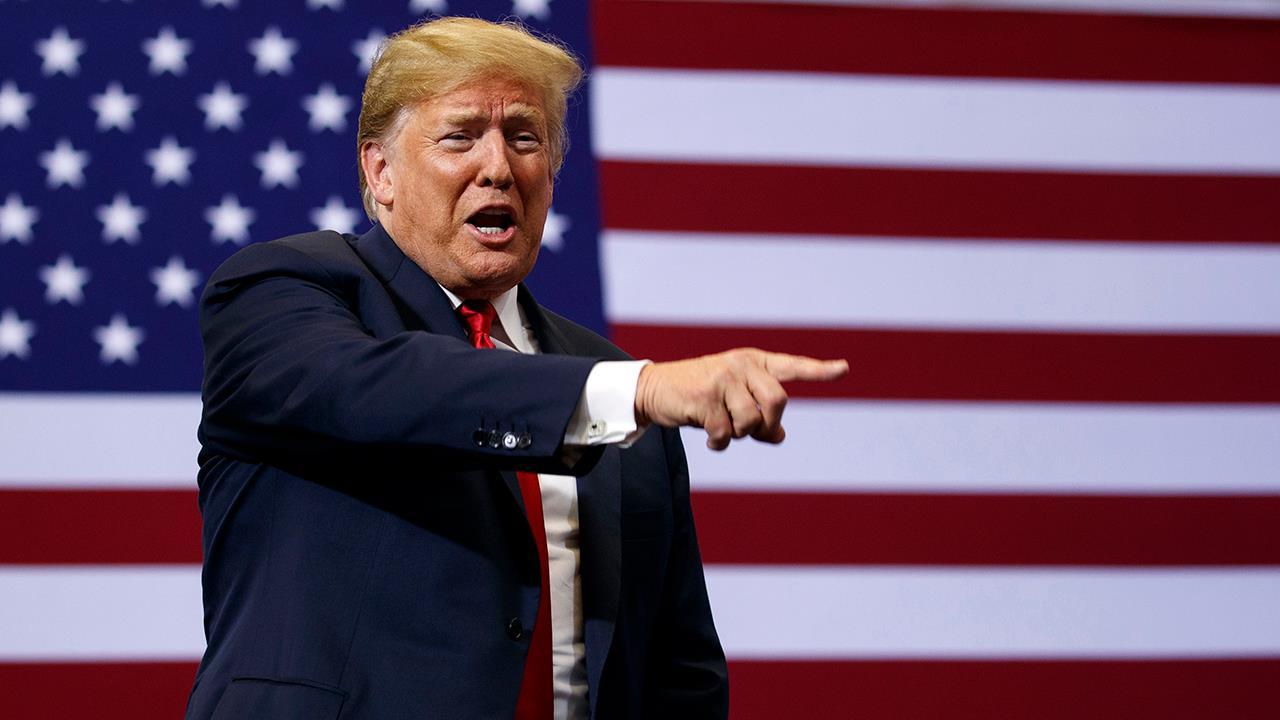US deficit, tariffs top concerns among economists
Economists are becoming increasingly concerned that U.S. fiscal policy will add to the federal deficit over time.
According to the latest economic policy survey from the National Association of Business Economists (NABE), 71 percent of survey respondents viewed the United States’ current fiscal policy as “too stimulative,” compared with just 20 percent at this time last year. Only 24 percent think fiscal policy is neither too stimulative nor too restrictive, while 4 percent characterized it as too restrictive.
The economy got a boost from the Tax Cuts and Jobs Act, which was signed into law in December. But while that may lead to some short-term growth, NABE reported that 83 percent of economists believed the law would increase the federal deficit. Meanwhile, 81 percent of respondents thought fiscal policy should reduce the deficit over the long-term – a 20 percentage-point jump over the number of economists that held this view in February.
While two-thirds of panelists thought the new tax law would improve the corporate tax system, just 31 percent thought the same about the individual side. The majority of respondents think the Tax Cuts and Jobs Act will result in growth between 0.1 percent and 1 percent by the year 2027.
Another top concern among NABE panelists was trade. An overwhelming majority (91 percent) thought the administration’s policies, including tariffs and threats of tariffs, would have unfavorable consequences.
Officials from the Trump administration are meeting with members of the Chinese delegation this week, where the two sides are expected to work on creating a pathway to an agreement by November, at which time President Xi Jinping and President Trump are supposed to hold a summit. However, in the interim, hundreds of billions of dollars’ worth of threatened tariffs remain in play.




















